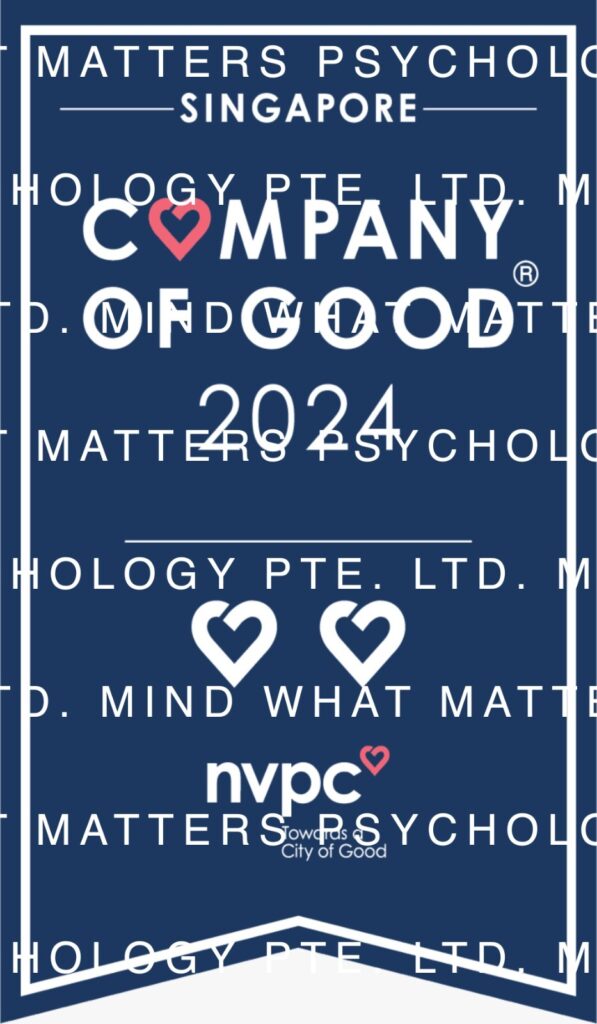Dialectical Behaviour Therapy (DBT) combines acceptance and change to help clients manage stress, regulate emotions, and improve relationships. It treats high-risk conditions like BPD, eating disorders, and substance use.
Dialectical behaviour Therapy (DBT) is a comprehensive, evidence-based therapy derived from Cognitive Behavioural Therapy (CBT). “Dialectical” refers to bringing together two opposites – “acceptance” and “change” – resulting in better outcomes than using either one alone. This dialectical approach aims to balance accepting clients’ experiences with the need to change negative behaviours. DBT helps clients focus on the present, cope with stress, regulate emotions, and improve interpersonal relationships.
Techniques:
DBT involves a combination of individual therapy, group skills training, phone coaching during crises, and a consultation group for healthcare providers. It integrates techniques from CBT such as behaviour therapy, exposure therapy, cognitive restructuring and problem solving.
It begins by treating the most self-destructive behaviour, then addresses clients’ ability to cope in daily life through 4 main coping skills:
- Distress tolerance – helps clients to reduce impulsive and self-destructive behaviour
- Emotional regulation – encourages clients to recognise and manage emotions
- Mindfulness – improves client’s self-awareness and acceptance, being more in tune to their surroundings and others
- Interpersonal effectiveness – improves client’s ability to interact and navigate conflict
Strengths:
DBT is often used to treat high-risk and/or comorbid clients. It is particularly used to treat those who struggle with emotional regulation and exhibit self-destructive behaviours. Conditions applicable include Borderline Personality Disorder, eating disorders, substance use disorders, and occasionally Post-Traumatic Stress Disorder (PTSD).
DBT has shown efficacy in treating Borderline Personality Disorder and related conditions, being the preferred choice of treatment. DBT increases clients’ happiness and improves their relationships by addressing self-destructive behaviours first, then focusing on coping skills, and finally enhancing self-esteem and interpersonal skills.











